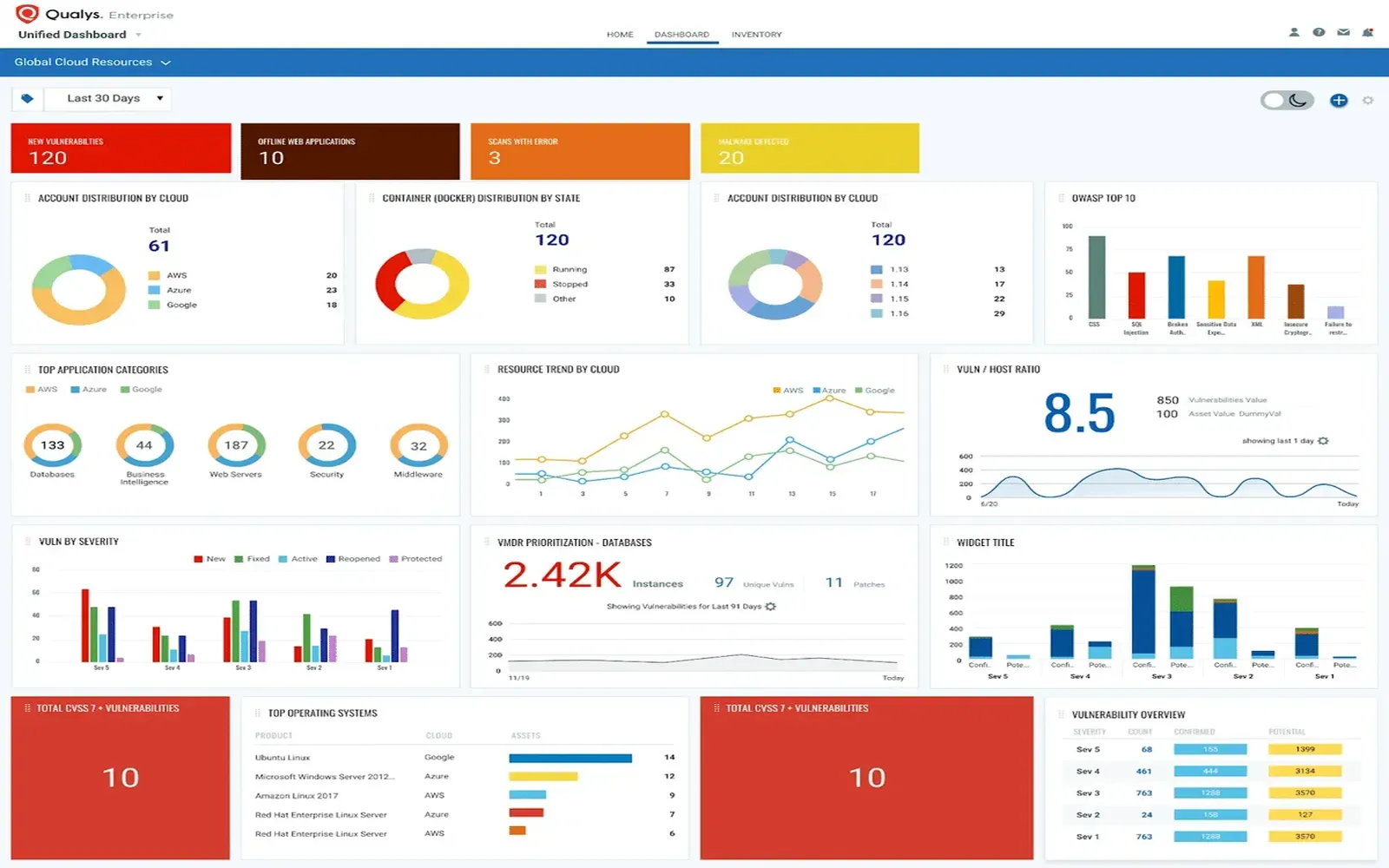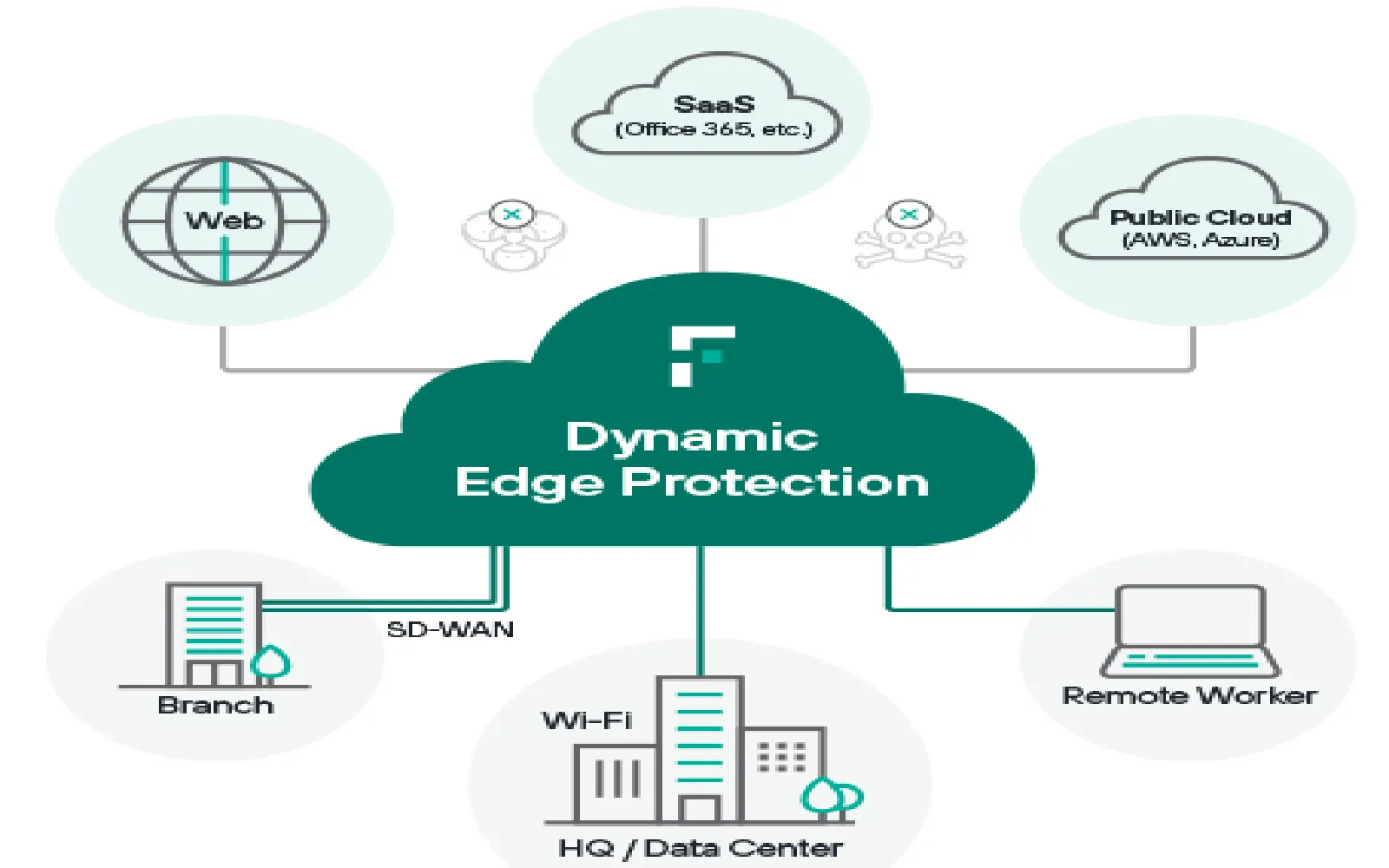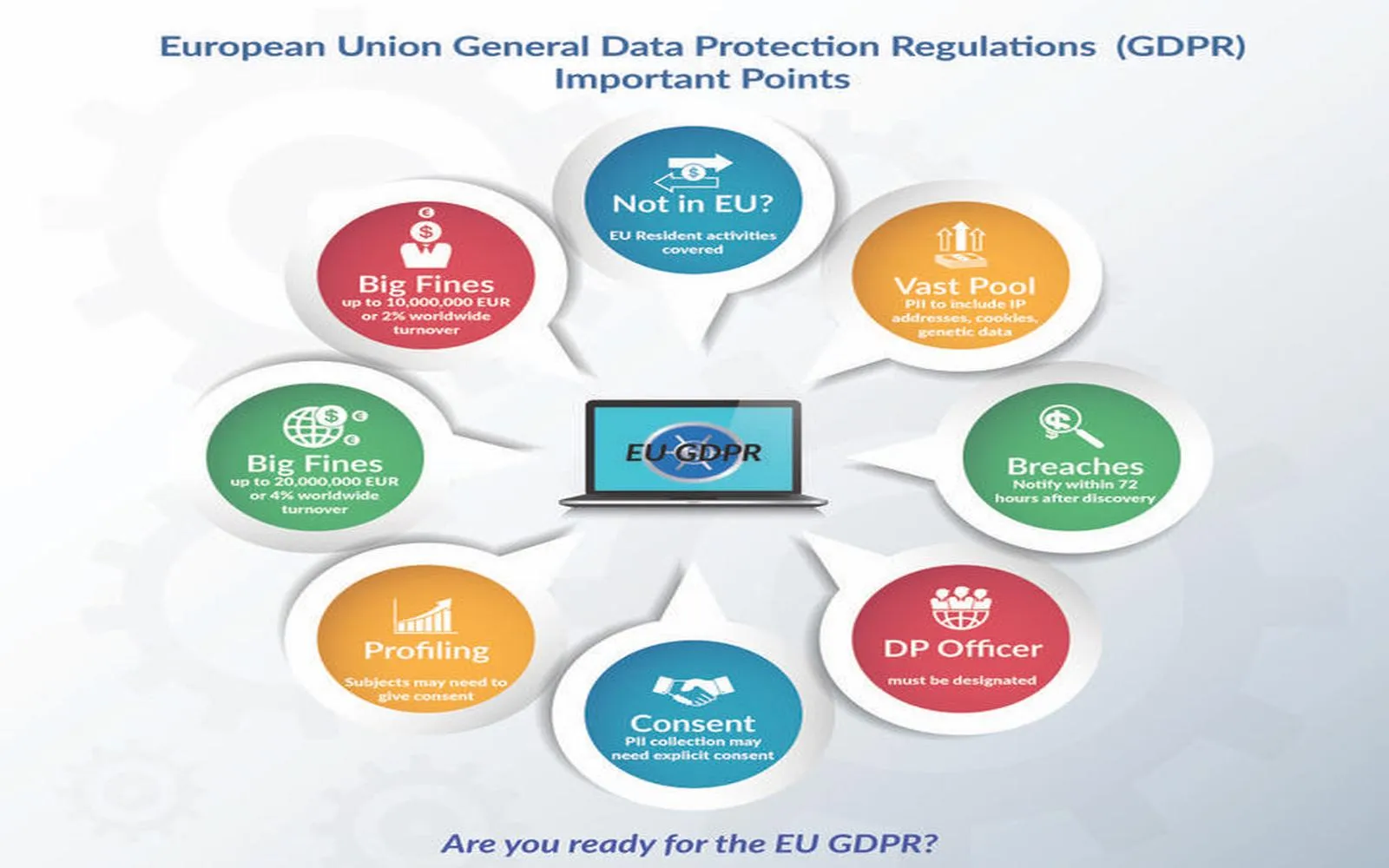Best Cloud Security Services to Protect Your Business Data
Introduction
As businesses increasingly rely on cloud computing for their operations, the need for robust cloud security services has become paramount. Protecting sensitive business data from cyber threats is essential to maintaining customer trust and ensuring compliance with regulations. This article delves into some of the best cloud security services available, outlining their features, benefits, and how they can help businesses safeguard their data in the cloud.
Understanding Cloud Security
Cloud security encompasses a range of policies, technologies, and controls deployed to protect data, applications, and infrastructure associated with cloud computing. It addresses various security concerns, including data breaches, data loss, account hijacking, and insecure APIs. As cyber threats evolve, businesses must adopt a comprehensive cloud security strategy that incorporates multiple layers of defense.
Key Features of Cloud Security Services
When selecting a cloud security service, there are several key features to consider:
Top Cloud Security Services
1. AWS Security Services
Amazon Web Services (AWS) offers a comprehensive suite of security tools designed to help businesses secure their cloud environments. Key features include:
AWS’s security services provide businesses with the tools needed to implement a robust security posture in the cloud while maintaining flexibility and scalability.
2. Microsoft Azure Security
Microsoft Azure offers a wide range of security services tailored to protect cloud applications and data. Key features include:
Azure’s security offerings are designed to help organizations secure their cloud infrastructure while providing advanced threat detection and compliance capabilities.
3. Google Cloud Security
Google Cloud Platform (GCP) provides a robust set of security services that focus on protecting data and applications in the cloud. Key features include:
Google Cloud’s security services focus on data protection and compliance, making it a suitable choice for businesses with stringent regulatory requirements.
4. IBM Cloud Security
IBM offers a variety of cloud security services that are designed to protect data and applications on their cloud platform. Key features include:
IBM’s security services focus on integrating AI and machine learning to enhance threat detection and response capabilities.
5. Palo Alto Networks Prisma Cloud
Palo Alto Networks offers Prisma Cloud, a comprehensive cloud security solution that provides visibility and security across cloud-native applications. Key features include:
Palo Alto Networks Prisma Cloud is particularly suitable for organizations looking to secure complex cloud-native environments.
6. McAfee Cloud Security
McAfee provides a comprehensive suite of cloud security solutions designed to protect data and applications in the cloud. Key features include:
McAfee’s cloud security solutions are designed for organizations seeking to enhance their security across various cloud services and applications.
7. Cisco Cloud Security
Cisco offers a range of cloud security solutions that help organizations protect their data and applications in the cloud. Key features include:
Cisco’s cloud security services are particularly effective for organizations looking for integrated security solutions that combine network and cloud protection.
8. Trend Micro Cloud Security
Trend Micro offers a suite of cloud security solutions designed to protect cloud environments from threats. Key features include:
Trend Micro’s cloud security solutions are designed to provide comprehensive protection for modern cloud workloads and applications.
Choosing the Right Cloud Security Service
When selecting a cloud security service, businesses should consider several factors:
Conclusion
In an era where data breaches and cyber threats are increasingly common, investing in cloud security services is essential for businesses of all sizes. By understanding the features and capabilities of leading cloud security providers, organizations can make informed decisions that protect their sensitive data and maintain compliance with regulatory requirements. Whether it’s through AWS Security, Microsoft Azure, Google Cloud, or other providers, the right cloud security service can help safeguard business operations and customer trust in today’s digital landscape.
Explore

Affordable Cloud Security: Protect Your Data Without Breaking the Bank

Top Cloud Security Providers: Safeguarding Your Data in the Digital Age

Cloud Web Security: Protecting Your Cloud Infrastructure

Fortifying Your Digital Fortress: Essential Security Tips to Protect Your Smartphone

Top 10 Reliable Cloud Backup Services: Secure Your Data with Confidence
Cloud Services in Daily Life: How the Cloud is Changing the Way We Live

Top Cloud Security Providers: Protecting Your Business Online

Data Security Management: Essential Strategies for Protection
